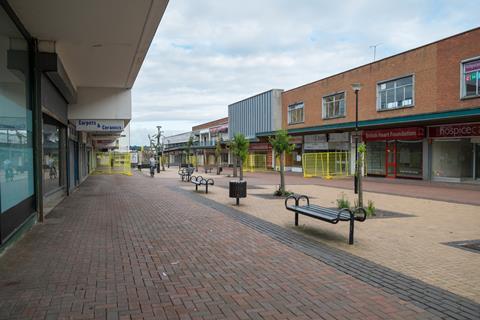
Jeremy Corbyn is to announce new plans to prevent a “retail apocalypse” on the high street.
Labour’s leader is expected to announce plans to give councils new powers to re-open abandoned empty shops.
On a high street in Bolton tomorrow, Corbyn will announce plans to turn “the blight of empty shops into the heart of the high street” by giving vacant properties over to startups, co-operative businesses and community projects.
Labour said the plans would apply to properties left vacant for 12 months. It argued the scheme could bring back into use some of the estimated 29,000 physical retail units that have been left boarded up for over a year.
“Boarded-up shops are a symptom of economic decay under the Conservatives and a sorry symbol of the malign neglect so many communities have suffered,” said Corbyn.
“Once-thriving high streets are becoming ghost streets.
“Labour has a radical plan to revive Britain’s struggling high streets by turning the blight of empty shops into the heart of the high street, with thousands of new businesses and projects getting the chance to fulfil their potential.”
In depth: How can the post office evolve to survive?
Labour’s high street plans also include banning ATM charges and preventing bank branch and Post Office closures, improving local public transport services to town centres and introducing annual revaluations of business rates, as part of a wider review of the rates system.
Shadow secretary of state for communities and local government Andrew Gwynne added: “Under this government, our high streets have suffered a retail apocalypse. High street closures are at a historic high, leaving too many of our once-thriving towns abandoned and awash with boarded-up shop fronts.
“Labour’s radical plan will turn around the mess that the Tories have created and will give local authorities the power to make our high streets the pride of our communities that they once were.”







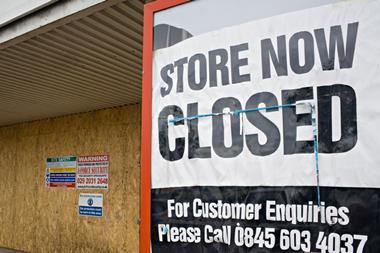
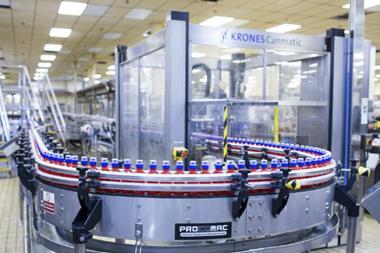
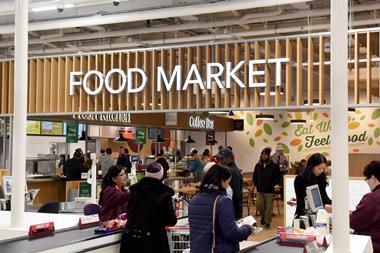
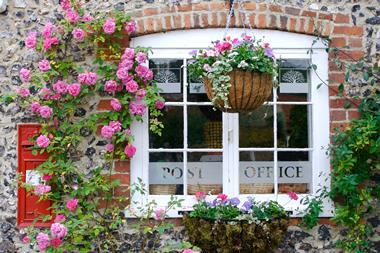








No comments yet